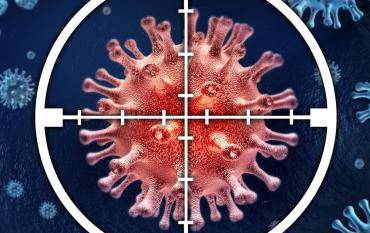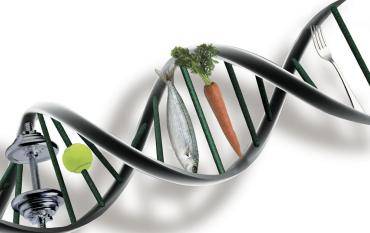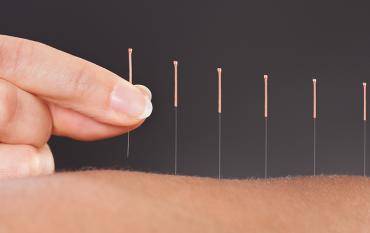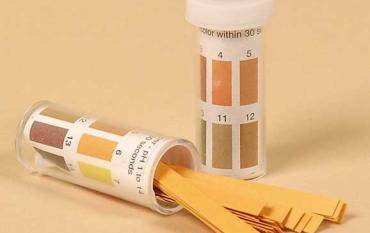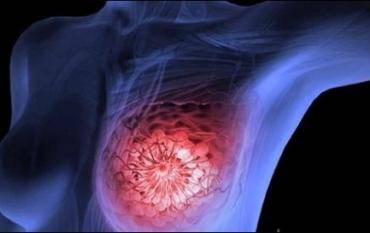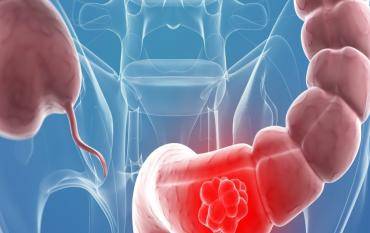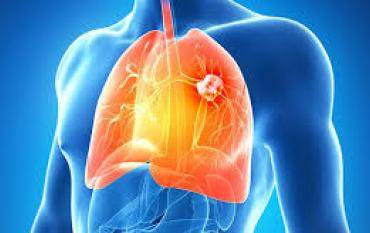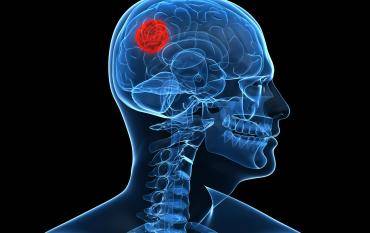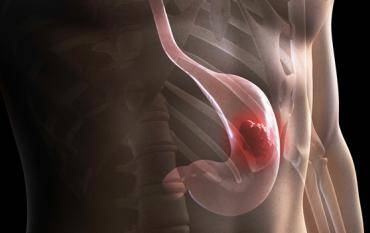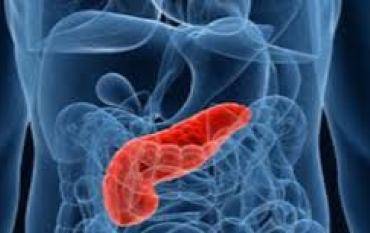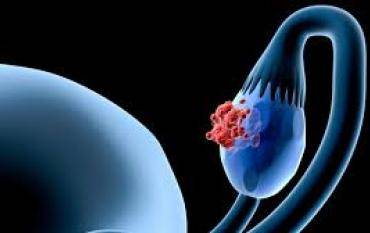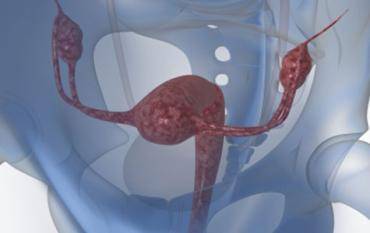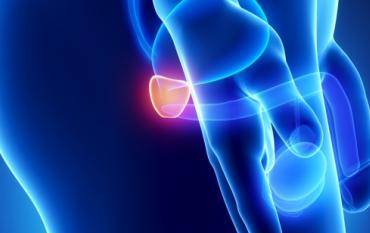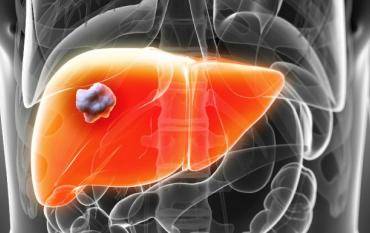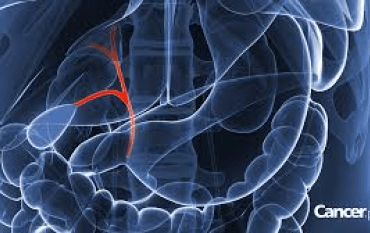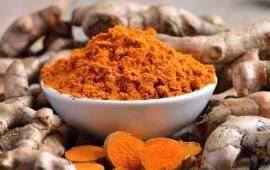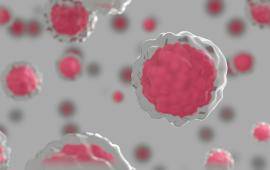
Cancer. Integrative Oncology
Resveratrol and cancer
Numerous studies on resveratrol have shown great potential in the treatment of different types of cancer, due to its ability to affect several molecular pathways. Resveratrol has proven the ability to eliminate tumor stem cells, which are the main inducers of tumor growth.
Ketogenic diet and cancer. Allowed foods
The ketogenic diet consists of drastically decreasing carbohydrates in the diet, as these are the source of glucose. Instead they are replaced with large amounts of healthy fats. With not enough glucose available to use as an energy source in the body, the body begins to form ketone bodies from fats. Ketone bodies can be used by healthy cells for energy, but not by tumor cells.
Cúrcumin and Breast Cancer
Curcumin has shown antitumor effects in breast cancer. HER2 positive. It can induce cell death in breast cancer cells by inducing changes in the cell membrane potential. Cancer stem cells are one of the main causes of cancer recurrence after treatment. Curcumin has shown its ability to kill cancer stem cells, in addition to increasing the effectiveness of chemotherapy.
Quercetin and Cancer
Quercetin is a type of flavonoid compound that comes from nature and is widely found in our diet. Quercetin can exert antitumor effects by altering cell cycle progression, inhibiting cell proliferation, stimulating apoptosis or cell death, inhibiting the progression of angiogenesis or formation of new blood vessels that feed the tumor and metastases.
Lycopene and Cancer
The anticancer effects of lycopene involve modulation of pathways that slow tumor growth and inhibit tumor progression. This article aims to evaluate the benefits of lycopene supplementation in the prevention and treatment of cancer based on the results of scientific studies.
Tumor Markers for Cancer
In cancer treatment, accurate follow-up is critical to improve treatment outcomes and patient survival. In this sense, tumor markers are a valuable tool in cancer diagnosis and monitoring. They allow us to quantify tumor activity and response to treatment long before performing control imaging tests (CT, PET, CT, MRI).



